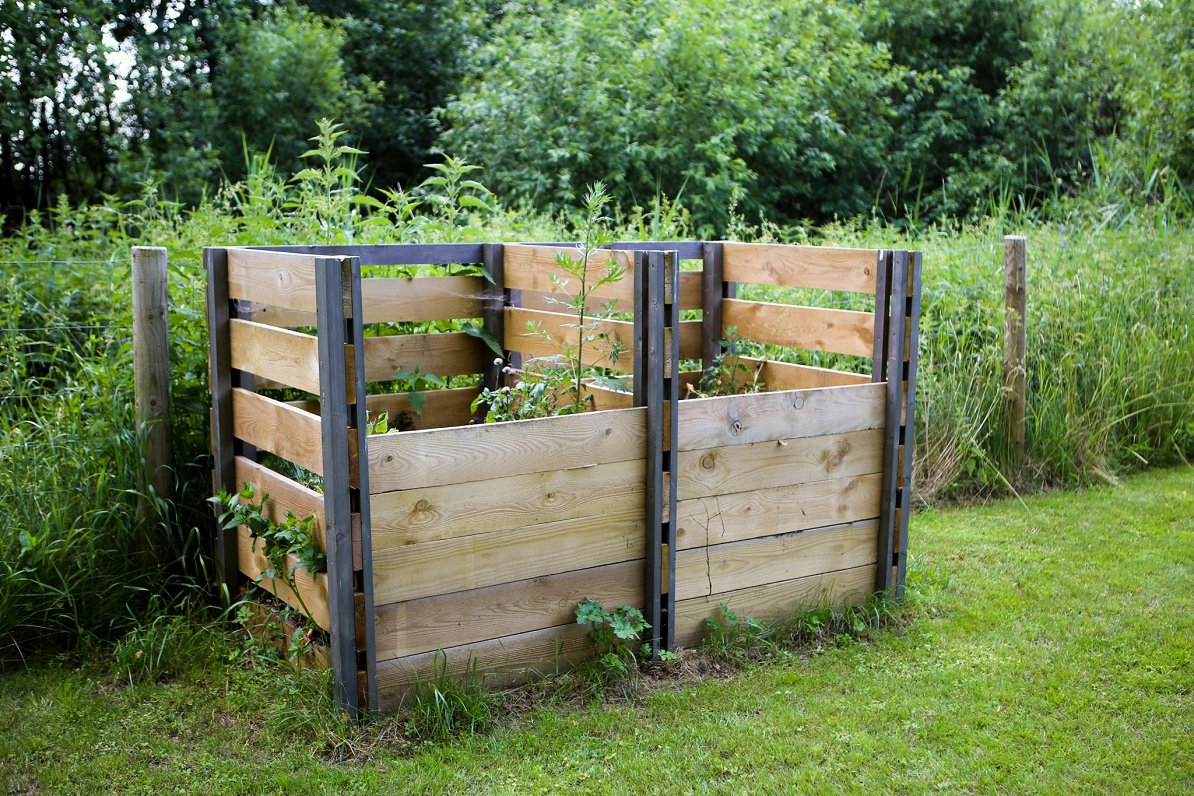Zero Waste Latvija is a group of activists who stand for a zero-waste lifestyle and want Latvia to become the greenest country in the world, and they recently published a call for much greater use of composting in Latvia.
The most common way to deal with waste that ends up in containers unsorted is incineration. "If someone thinks that burning waste and getting energy from it is a good idea, then you need to ask how much it will cost. Waste is a very expensive resource, and we will be made to pay dearly for polluting the earth," said Krastiņa. "Soon there will be no more space for waste... waste is becoming more and more problematic - prices for waste management are also increasing due to the increases in energy and transport costs.
We must understand that our waste is something precious. You have to get used to this thought, and that's why you have to lock up your garbage."
She does not deny that it is very difficult to do this in multi-apartment buildings, but in her opinion, the goal in the field of waste management should be locked individual containers so people can take responsibility for their own waste.
"In the long term, the country should have a system called "Pay for what is thrown out" - this is how to motivate citizens to reduce their waste," suggested Krastiņa.
The specialist said that a good way to reduce the amount of waste processed and also the waste removal bill is composting.
"Compost hasn't started its victory march yet! There is a lot of composting in the regions and countryside, because it is a valuable resource for the garden, but not so much in the cities."
In cities, organic waste containers are not free. "Biocontainers travel to a place where this waste will be processed. However, since this waste is transported, it doesn't come cheap," Krastiņa admitted. "The simplest way to avoid these costs and control everything yourself is not to take the waste anywhere. There are micro-districts in Riga where people still live in private houses, but have forgotten that there is an opportunity to make compost in the corner of any garden."
There are various techniques for creating compost in an apartment, and various different types of compost that result.
"I invite everyone who owns a private house to reduce their waste management bills, because food and organic waste make up 40-50% of the total amount, so the bill will be half as much. It will make life easier," Krastiņa said.





























